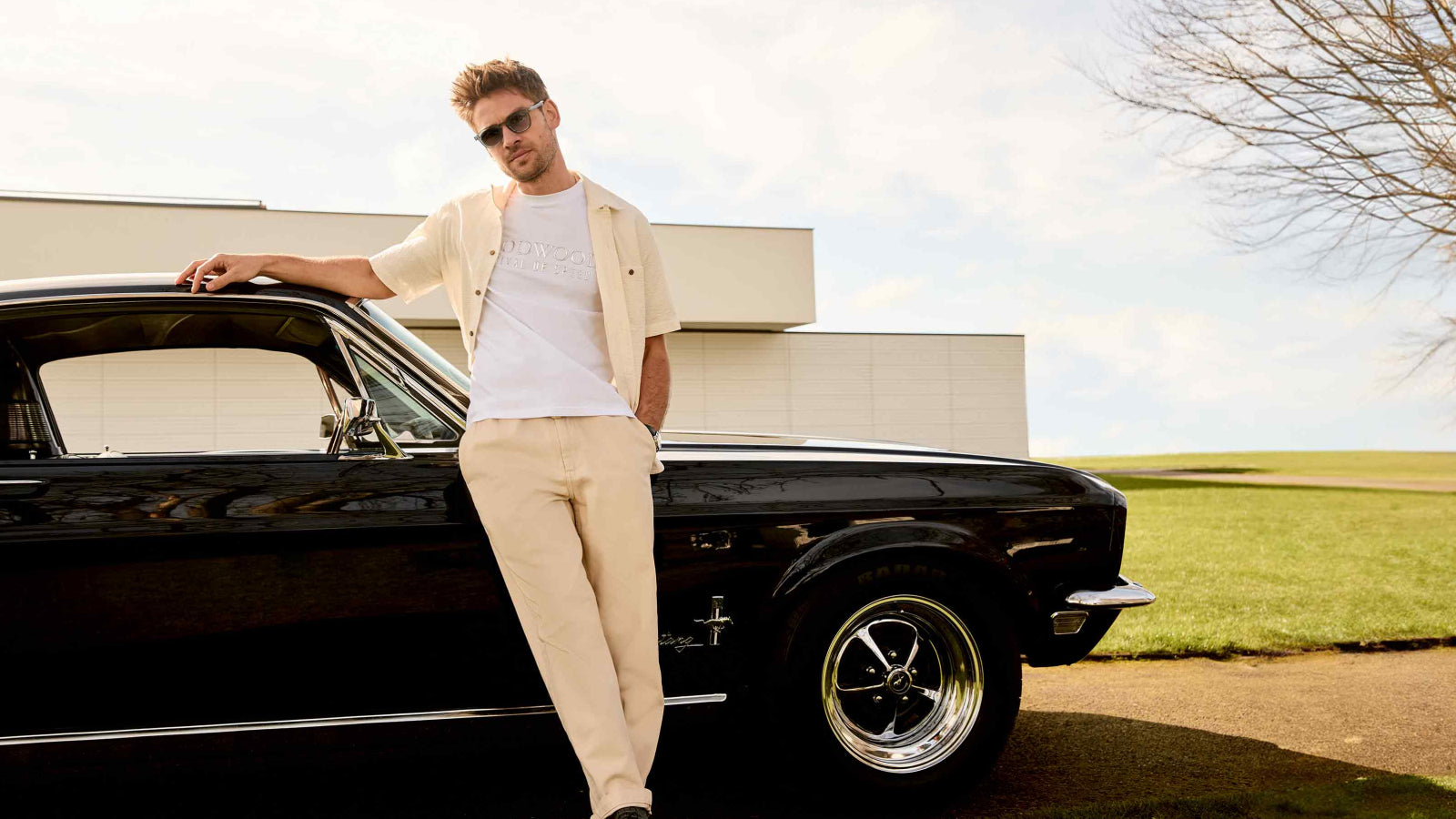Dan Trent: Old Volvo estates are cool
 Dan Trent
Dan Trent
Withering use of the term ‘virtue signalling’ to mock those making a little too much fuss about their right-on credentials is relatively new. But the concept isn’t, its four-wheeled expression in the 80s being the big, boxy Volvo 240 estate.

For better-off, middle-class liberals this was a cake and eat it means of broadcasting your prosperity while at the same time saying you found the whole materialism thing a bit vulgar. Rarely seen (at least to my stereotyped recollection) without a full complement of Greenpeace, CND and ‘Atomkraft – nein danke!’ stickers, this was the anti-80s alternative to all those pushy types in their BMWs.
As a child my posh London cousins always had Volvo estates and I remember being wowed by novelties like electric windows (that we were told not to play with because they cost a fortune to fix), flashing red warning lights if you didn’t put your seatbelts on and – of course – the rear-facing third row that permitted a generation of supposedly well-bred children to make rude gestures to following vehicles without their parents seeing. Happy days!
The inspiration for this drive down memory lane came from attending the unveiling of the new V60 in the impossibly Swedish surroundings of a family house in a smart Stockholm suburb just across the road from where Benny and Anni-Frid of ABBA once lived. Honestly, I’m not making this up.
Parked outside to get us in the mood was an immaculate 245 estate, Volvo emboldened by Chinese owners Geely to once again be defined by its very Swedish vision of premium motoring. This is still virtue signalling of sorts, albeit more subtle and nuanced than that of the 240 series and basically summarised as being ‘not German’. Nothing wrong with that and the V60 and its V90 big brother have both stylishly revived the big, family estate car as a statement vehicle for those wanting an opt-out from the craze for pushy SUVs.
Inspired by that 240 appetiser, I inevitably took a dive into the classifieds to see what’s about. It must be nostalgia-fuelled because, by any rational measure, they’re an odd car to get enthusiastic about – Volvo’s approach to safety at that time being to basically surround occupants with as much metal and rubber as possible. Hence huge overhangs, ungainly bumpers and stubbornly stolid performance from mainly breathless four-cylinder engines. I shouldn’t like this car. But I’m not alone in finding myself strangely attracted to the idea of running one, 240 estates having a surprisingly passionate following and prized for their toughness and longevity.
A couple I found seem to fit that traditional owner profile too, at least if the descriptions are to be believed. One is a late model, one-owner 1993 240SE with electric windows (that I wouldn’t dare use in deference to the scolding from my aunt 30-odd years ago) up for a pretty sturdy £6,500. Or about ten times what I found another on eBay for.
The other is a 92,000-mile manual in a very Farrow & Ball-esque flat blue that the advert promises has been ‘mostly’ used by one of those mythical original lady owners and comes with a fulsome history file full of main dealer service stamps. For £2,500 it sounds rather more attractive, assuming those claims bear out. Based in Devon, my imagined former life for the car comprises little more than wafting its owner to her yoga class or perhaps the odd hearty walk on Exmoor. And not the basis for some mad, rat-look drift car conversion with a giant turbo sticking out of the bonnet, as some have ended up.
Subverting the right-on image like has merit but then so does decorating it with anti-nuke stickers and giving my kids a chance to revive the tradition of flicking vees at lorry drivers.
volvo
Dan Trent










